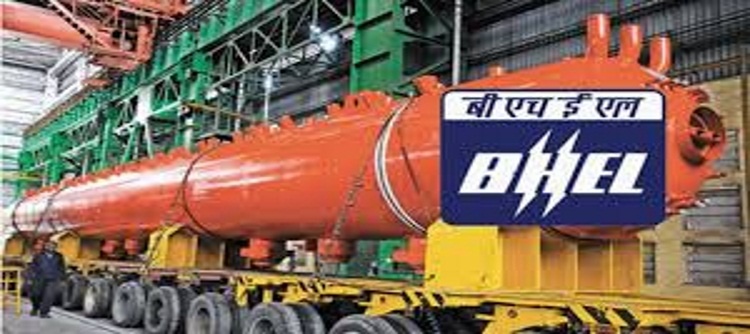
State-run Bharat Heavy Electricals Ltd (BHEL), India’s largest power equipment maker, is eyeing a major role in the Indian Railways’ track electrification programme to tide over the uncertainties of the Indian power sector.
As part of this strategy, BHEL Chairman and Managing Director Atul Sobti has written to Ashwani Lohani, the newly- appointed Chairman of the Railway Board (CRB) to entrust the Maharatna with electrifying 1,000km of tracks initially.
This follows BHEL’s strategy to pivot from the power sector to transportation as the national carrier plans to electrify 24,000km of rail tracks. The railways track electrification drive stems from its need to reduce dependence on imported fuel and rationalize the cost of energy.
According to the 1 September communication, Sobti wrote, “I understand that Indian Railways is focusing on adoption of energy efficiency measures to reduce its energy cost and greenhouse gas emission. Towards this, electrification of railway tracks has been accorded top priority with a target to electrify tracks of about 22,000km by 2021, and about 4,000km is being targeted in the current fiscal year itself.”
In January, former Railway Minister Suresh Prabhu had unveiled a plan to save Rs.41,000 crore over 10 years through an integrated energy management system. It was named Indian Railways’ Mission 41k initiative wherein 24,000km of rail track electrification was planned over the next five years by doubling the annual rate of electrification from 2,000km to 4,000km.
“I am confident that with the active support of Indian Railways, we shall be able to meet the electrification targets as envisaged by you in the action plan,” Sobti went on to add.
This comes in the backdrop of BHEL eyeing a major role in the marque Ahmedabad-Mumbai high-speed rail project, popularly called bullet train, ranging from manufacturing coaches and civil construction work to laying down rail links.
During the visit of Japanese Prime Minister Shinzo Abe last week it was announced that a joint venture (JV) between BHEL and Japan’s Kawasaki Heavy Industries (KHI) will manufacture rolling stock for the bullet train project.
Experts believe that the public sector unit will have to build in-house capabilities.
“BHEL needs to build in-house focused capabilities. While tying up with a technical partner will help them secure government contracts, they will have to compete with focused and efficient businesses,” said Kaustav Mukherjee, senior partner and managing director of consulting firm BCG India.
“I think BHEL’s interest in railway track electrification builds on their growing interest in this sector. However, I must emphasize that they are entering a new area from their core power business,” said Amit Sinha, partner at consulting firm Bain and Co. Sinha, who leads its industrial goods and services practice at Bain, added “BHEL should be aggressive in building or acquiring the capabilities and technology needed to be successful in the new venture.”
BHEL’s reaching out to the national carrier comes at a time when power sector orders have dried up.
Given that India’s current installed capacity and projects under construction are expected to meet the country’s electricity demand till 2026, BHEL is left with little choice.
A BHEL spokesperson in an emailed response said, “Yes, we have written to them. Discussions are yet to be initiated on the subject.”
“We are examining their proposal,” a railway ministry spokesperson added.
BHEL’s order inflow has become a cause for concern despite its order book of Rs1 trillion. New orders for the first quarter this year amounted to Rs.1,800 crore, down 41% on a year-on-year basis. This is putting pressure on BHEL’s manufacturing capacity of 20,000MW per annum with a limited order inflow.
